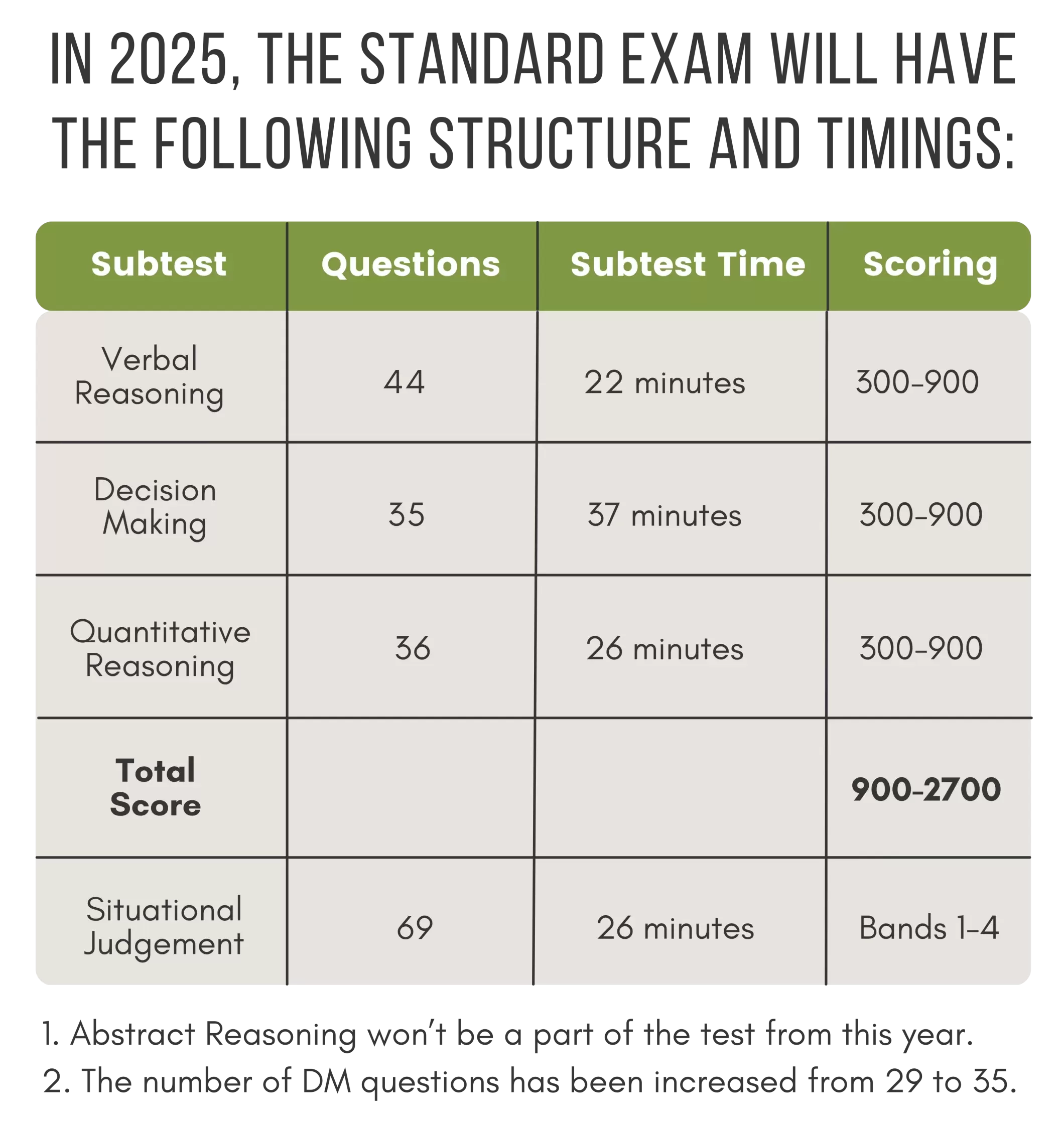The UCAT is Changing This Year.
So Should Your UCAT Coaching.
Our UCAT coaching pedagogy has been updated to reflect the new changes being introduced this year, especially the increased focus on the Decision Making subtest.
Give yourself the best shot at scoring in the 90th percentile with personalised 1-on-1 UCAT coaching with Inspirus.

Get in Touch
Call us on: +91 9167255434
OR
Schedule Your Counselling Session
HERE IS HOW OUR PERSONALISED UCAT COACHING PROGRAM WORKS
UCAT classes designed to help you ace the new UCAT format.

Flexible One-on-One UCAT Coaching
- Choose between online, offline, and hybrid mode
- 32 hours of one-on-one instruction
- Special instructors for each subtest
- Constant mentor support throughout learning phase

Comprehensive UCAT Practice
- 2 concept and practice books
- 5 full-length UCAT mock tests
- 10 hours of one-on-one doubt solving
- 10 hours of dedicated mock test analysis

Personalised UCAT Preparation Plan
- Diagnostic test with detailed review session
- Personalised study plans based on diagnostic test results
- UCAT introductory session
- Post-UCAT admission consulting guidance
4 REASONS WHY THE BEST STUDENTS CHOOSE INSPIRUS FOR THEIR UCAT COACHING CLASSES

Individual Attention
Our one-on-one UCAT preparation model ensures each student gets the attention they require to score in the 90th percentile or better.

Customised Learning Programs
Our personalised learning plans ensure each lesson is tailored to your strengths and weaknesses, allowing you to maximise your scoring potential.

Exhaustive Study Material
With lectures, books, PPTs, practice modules, and sectional and full-length tests, our study material will ensure you’ve gained mastery over every UCAT topic.

Full-Length UCAT Mock Tests
Apart from the initial diagnostic test, you will also get to test yourself with 5 full-length UCAT mock tests to acclimatise you with the test and give you the best chance at acing the actual UCAT.
ABOUT UCAT
1. What is the UCAT test?
The UCAT is a computer-based admissions test, used by a consortium of UK universities and non-UK associate member universities to help select applicants for their medical and dental degree programmes.
The UCAT tests the following skills:
- Verbal Reasoning
- Decision Making
- Quantitative Reasoning
- Situational Judgement
These skills are tested through 4 subtests.
Verbal Reasoning
You will be presented with 11 passages of text, each associated with 4 questions. You have 22 minutes to answer the 44 questions in this subtest.
Some questions assess critical reasoning skills, requiring candidates to make inferences and draw conclusions from information. You will need to read the passage of the text carefully. You will then be presented with a question or incomplete statement and four response options. You are required to pick the best or most suitable response. You will only be able to select one response.
For other questions, your task is to read each passage of text carefully and then decide whether the statement provided follows logically.
There are three answer options you can choose from:
- True: On the basis of the information in the passage, the statement is true.
- False: On the basis of the information in the passage, the statement is false.
Can’t Tell: You cannot tell from the information in the passage whether the statement is true or false.
Decision Making
- You will be presented with 35 questions that may refer to text, charts, tables, graphs, or diagrams. Additional information may be presented within the question itself. You will have 37 minutes to answer the questions in this subtest. The Decision-Making subtest requires the student to use logic and reasoning to solve textual and visual data-related questions.The Decision-Making subtest includes the following types of questions:
- Multiple choice questions: Four answer choices are provided to the student out of which only one will be correct.
- Yes/No Statements: The student has to select ‘Yes’ or ‘No’ for each answer.
Quantitative Reasoning
You will be presented with 36 questions associated with tables, charts, and/or graphs. You will have 26 minutes to answer the questions in this subtest.
The Quantitative Reasoning subtest is used to assess the student’s ability to evaluate various scenarios using his/her numeracy skills and answer multiple-choice questions.
The Quantitative Reasoning subtest includes the following type of questions:
Multiple choice questions: The student will be faced with scenarios with data that could be in various forms, including tables, graphs, and two-three dimensional shapes. Five answer choices will be presented and the student has to select the correct answer choice.
Situational Judgement
You will be presented with 69 questions associated with a series of scenarios (each scenario may have up to 6 questions associated with it). You will have 26 minutes to answer all questions within the subtest.
The Situational Judgement subtest is designed to test the student’s capacity to understand real-life situations, find the critical factors and behave appropriately when dealing with them.
The Situational Judgement subtest is made up of multiple-choice and ranking-style questions. These can be broken into the following types of questions:
- Appropriateness: After each scenario, the student will be presented with an action. It needs to be rated according to how appropriate it is in the context of the scenario.
- Importance: The student will get a number of actions after each scenario and he/she has to rate how important they are within the context of the scenario
2. How is the UCAT scored?
Your raw UCAT score in each of the first three subtests (VR, DM, QR) is converted to a scaled score between 300 and 900 using UCAT conversion to amount to a total scaled score in the range of 1200 to 3600.
The final subtest (SJ) results in a band score ranging from Band 1 to Band 4, Band 1 being the highest.
3. How long is the UCAT?
The standard UCAT test is close to 2 hours long.
Students can apply for Access Arrangements to sit an extended version of the test if they have a documented medical condition or disability.
4. What is the UCAT exam fee?
The UCAT exam fee is GBP120.
5. How can I register for the UCAT?
To check the availability and to register for the UCAT, go to https://www.ucat.ac.uk/register/booking-your-test/
6. How to prepare for UCAT?
Your UCAT preparation should begin with the diagnostic test. This test will determine your current level in each subtest and the strategy you’ll have to adopt to score in the 90th percentile. You can choose to study on your own using materials available online or take UCAT coaching classes. The Inspirus UCAT coaching program offers one-on-one instruction with specialised tutors for each subtest. Each lesson in your UCAT classes is tailored to your strengths and weaknesses. Moreover, you can choose between hybrid, offline, and UCAT online coaching modes.
7. When do I sit for the UCAT?
Below are the key dates for the UCAT 2025. Each year the registration and testing periods take place around the same time.
| UCAT Account creation opens | May 13, 2025 |
| Booking opens | June 17, 2025 |
| Testing starts | July 7, 2025 |
| Arrangement application deadline | September 16, 2025 |
| Booking deadline | September 19, 2025 |
| Last test date | September 26, 2025 |
| Bursary application deadline | September 26, 2025 |
| UCAS deadline | October 15, 2025 |
| Results delivered to universities | Early November |
For further information about the UCAT test and to register* please visit https://www.ucat.ac.uk/about-ucat/ucat-test-dates/
8. Which Universities require the test?
Most dental and medical colleges in the UK requires students to take the UCAT. However, you should always check the entry requirements for each course before booking a test. Some universities may have different requirements for overseas or graduate applicants. The UCAT website has the most up-to-date list.

